The Importance of Sibling Relationships in Early Childhood
Sibling relationships are among the most important and enduring relationships in a child’s life. Siblings share a unique bond, filled with love, companionship, and sometimes, a bit of sibling rivalry.
As parents and educators, it is crucial to foster healthy sibling relationships and provide children with the tools to navigate conflicts and build strong connections. In this article, we will explore valuable tips for promoting sibling bonding, conflict resolution, and nurturing lifelong relationships between siblings.
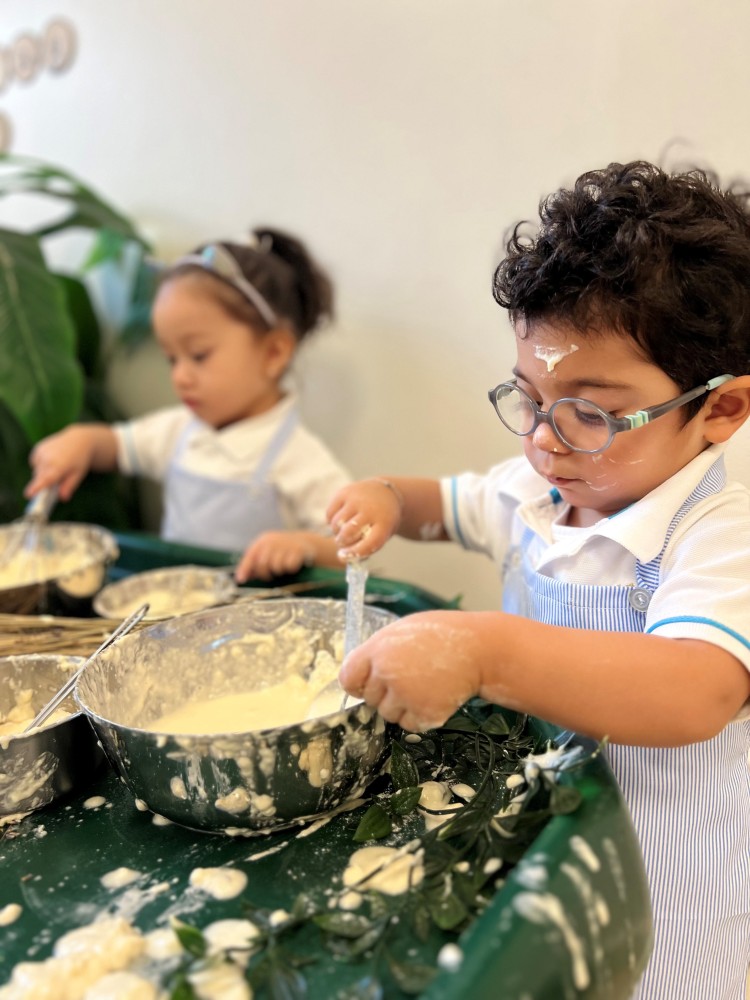 Characteristics of Sibling Relationships
Characteristics of Sibling Relationships
Sibling relationships have various characteristics that contribute to their significance in early childhood. Siblings often serve as playmates, confidants, role models, and sources of emotional support. These relationships can shape a child’s social skills, emotional intelligence, and overall well-being.
Influences of Sibling Relationships
Sibling relationships have a profound influence on a child’s development. Siblings can shape each other’s behavior, attitudes, and beliefs. They provide opportunities for cooperation, negotiation, and compromise, which are essential skills for navigating relationships outside the family unit.
Tips for Fostering Sibling Relationships
-
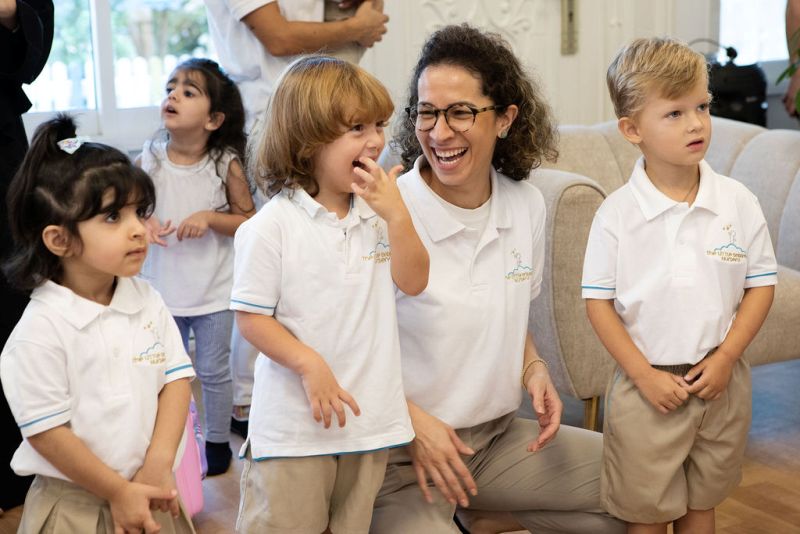 Create a Positive and Supportive Environment
Create a Positive and Supportive Environment
Promote a nurturing and inclusive environment where siblings feel safe to express themselves and be heard. Encourage open communication, active listening, and empathy. Celebrate each child’s uniqueness and encourage them to support and appreciate one another.
-
Encourage Sibling Bonding Activities
Provide opportunities for siblings to engage in activities together. Encourage shared interests, hobbies, and playtime. Plan family outings, game nights, and sibling-specific activities that foster bonding and create lasting memories.
-
Teach Conflict Resolution Skills
Conflicts are a natural part of sibling relationships. Teach children effective conflict resolution strategies, such as active listening, compromise, and finding win-win solutions. Encourage them to express their feelings and needs while respecting those of their siblings.
-
Model Healthy Communication and Conflict Resolution
As adults, we serve as role models for our children. Demonstrate healthy communication and conflict resolution skills in your own relationships. Show your children how to express emotions constructively, resolve conflicts peacefully, and maintain respect and empathy towards one another.
-
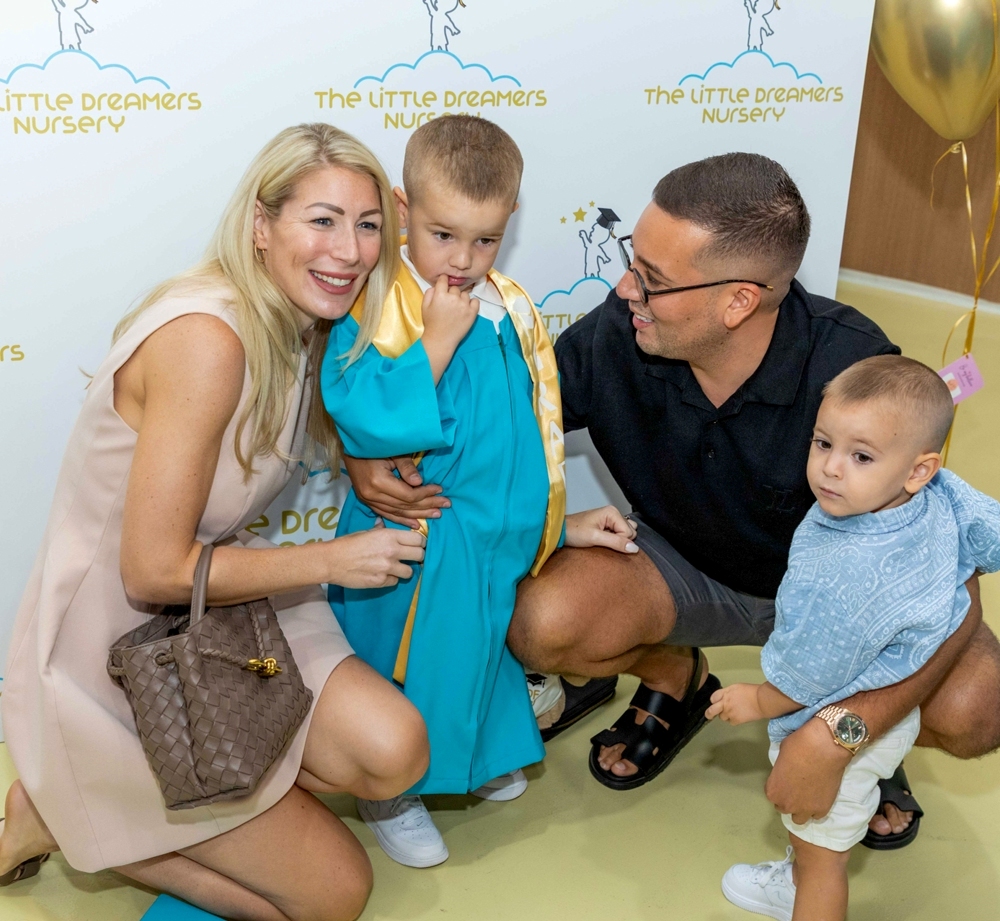 Avoid Comparisons and Labels
Avoid Comparisons and Labels
Avoid comparing siblings or labeling them with specific roles or characteristics. Each child is unique and has their own strengths and areas for growth. Celebrate their individuality and provide equal opportunities for their personal development.
-
Foster Sibling Cooperation and Collaboration
Encourage siblings to work together on projects, chores, or shared goals. Teach them the value of teamwork, collaboration, and mutual support. By fostering cooperation, you help them build a strong foundation for future relationships.
-
Promote Individual Quality Time
While fostering sibling relationships is essential, it is equally important to provide individual quality time with each child. Set aside special moments for one-on-one interactions, where each child can have undivided attention and enjoy activities that reflect their individual interests.
-
Establish Fair Rules and Boundaries
Set clear and fair rules for behavior, responsibilities, and personal boundaries. Ensure that each child’s voice is heard during rule-setting discussions. Consistency and fairness in expectations can help reduce conflicts and promote harmony between siblings.
-
Encourage Sibling Support and Empathy
Teach children the importance of supporting and being there for one another. Encourage acts of kindness, empathy, and mutual assistance. Help them understand the impact of their actions on their siblings’ emotions and well-being.
-
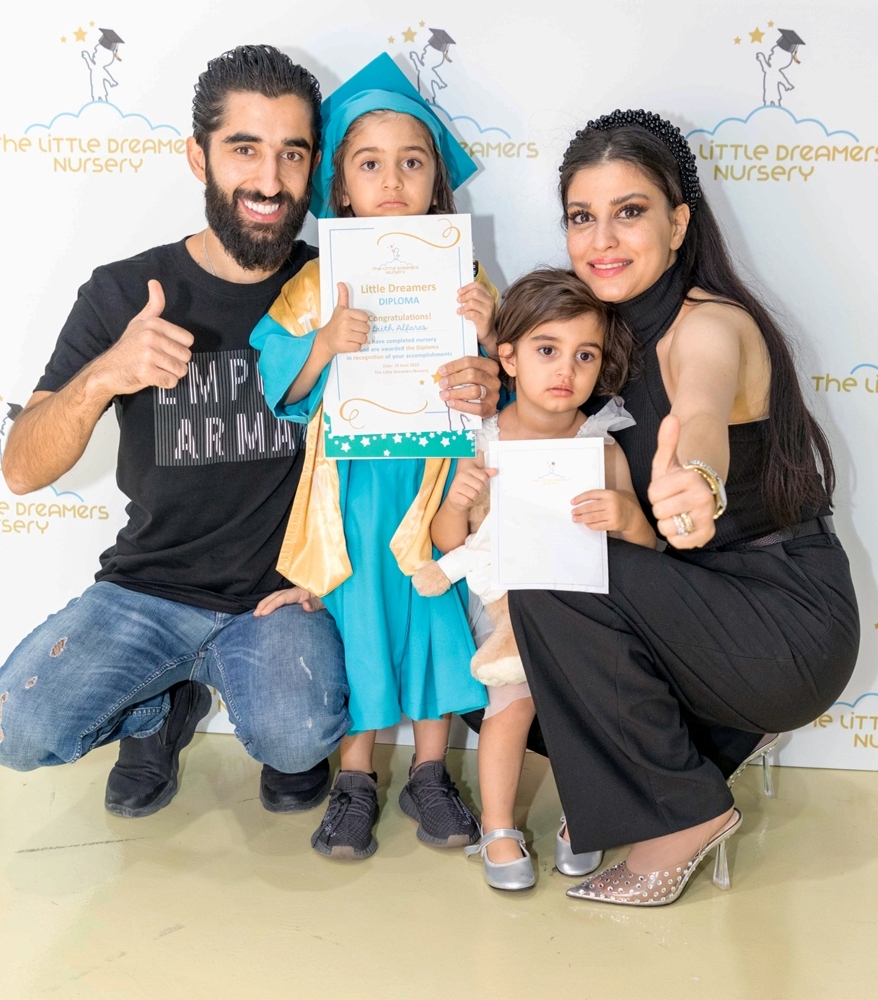 Celebrate Sibling Achievements and Milestones
Celebrate Sibling Achievements and Milestones
Acknowledge and celebrate each child’s accomplishments and milestones. Encourage siblings to celebrate one another’s successes and offer genuine praise and support. This fosters a culture of mutual respect and appreciation.
Conclusion
Fostering positive sibling relationships is a gift that lasts a lifetime. By implementing these tips, you can create an environment where siblings can bond, resolve conflicts, and develop strong connections. At The Little Dreamers Nursery, we understand the importance of nurturing sibling relationships during early childhood.
As the best British nursery in Dubai, we provide a loving and inclusive environment where children can develop meaningful relationships with their siblings and peers.
Our highly trained staff are dedicated to supporting children’s social-emotional development and teaching essential skills for building healthy relationships.
Contact The Little Dreamers Nursery today to learn more about our programs and how we promote strong sibling connections. Together, let’s create a foundation of love, respect, and lifelong bonds between siblings.

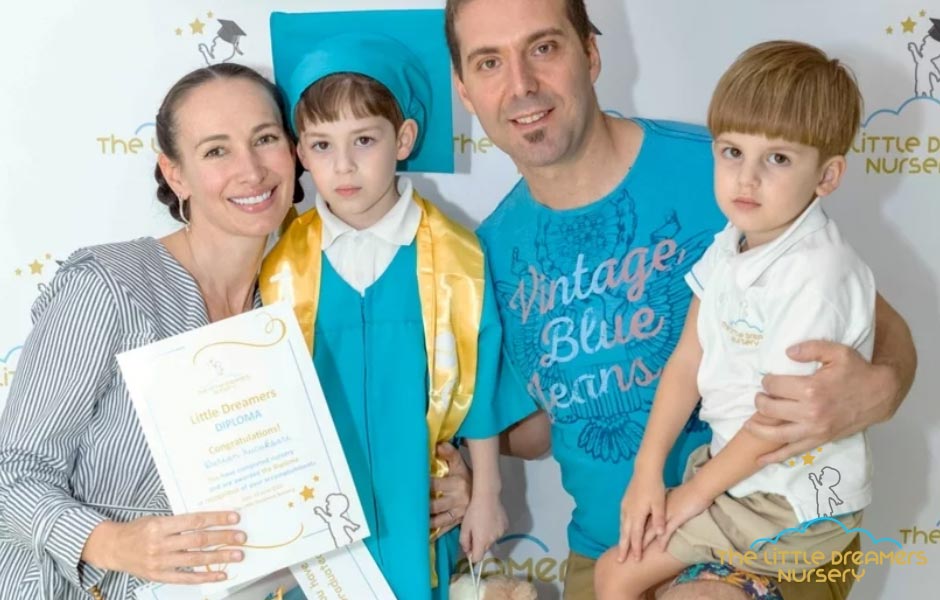







Your exploration of sibling relationships in early childhood struck a chord with me. The way you delved into the dynamics and the importance of fostering a strong sibling bond is both heartwarming and enlightening. The phrase “sibling bond” took me back to my own childhood memories, emphasizing the unique and invaluable connection shared between brothers and sisters. Your insights provide not only a thoughtful reflection on the significance of these relationships but also offer valuable guidance for parents navigating the complexities of nurturing a positive sibling bond. Thank you for shedding light on this beautiful aspect of childhood development!